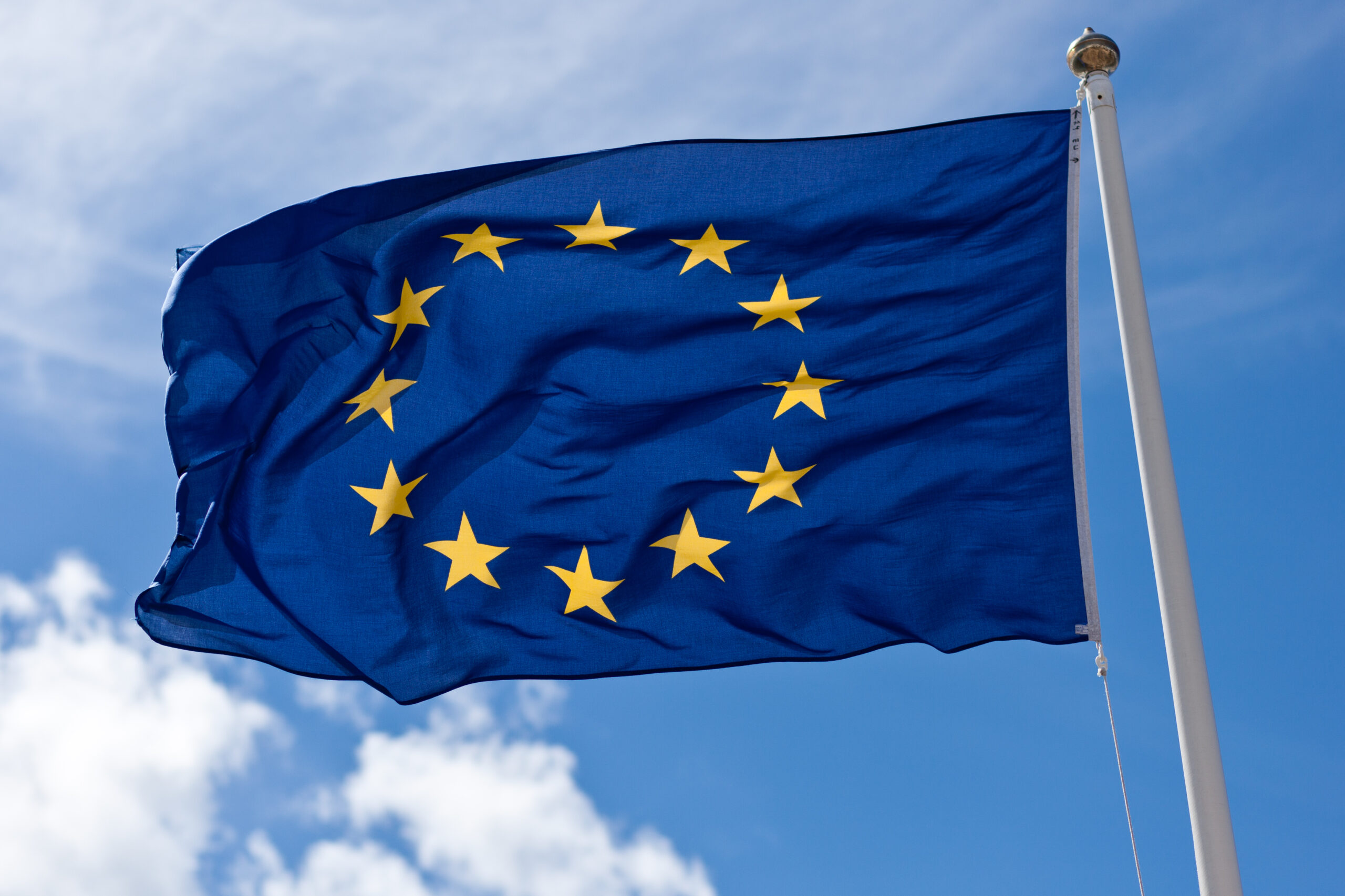
At SETEM we have joined a public statement initiated by the Raw Materials Coalition to express our opposition to the CEPA agreement between the European Union and Indonesia (EU-Indonesia Comprehensive Economic Partnership Agreement).
Environmental and social impact of mineral extractionWhile we acknowledge the importance of strengthening trade relations between the EU and Indonesia, various civil society groups from both Europe and Indonesia have raised concerns about the consequences of this agreement, particularly regarding human rights, the environment, and Indonesia’s ability to add value to its raw materials.
Environmental and social impact of mineral extraction
The increasing demand for essential minerals for the energy transition has accelerated the exploitation of natural resources in Indonesia, one of the world’s leading producers of nickel, coal, copper, cobalt, gold, tin, and bauxite. Unregulated mining, especially in provinces such as Sulawesi and North Maluku, has led to water pollution, loss of fish reserves, child health issues, and the loss of livelihoods for local and indigenous communities. This extractivist model also fosters deforestation and the forced displacement of local populations, while exacerbating armed conflict in West Papua, where nearly 80,000 civilians have been displaced. Women, particularly vulnerable, are forced to work in precarious conditions or seek informal jobs to survive.
The CEPA does not adequately address these urgent social and environmental issues, as it does not include legal mechanisms to mitigate these impacts nor establish clear responsibilities for the companies involved. Without strong legal mechanisms to ensure sustainable practices, this agreement risks exacerbating the harm caused by mining activities in the country and compromising Indonesia’s natural resources.
Restrictions on Indonesia’s sovereignty
Moreover, the CEPA also promotes the privatization of the energy sector, prohibiting government intervention in the pricing of energy products. These provisions only benefit foreign private actors in Indonesia, who act as independent energy producers, forcing the Indonesian government to buy electricity at the prices set by the companies. Ultimately, this will increase the burden on public finances and jeopardize the population’s access to affordable energy, while making an equitable energy transition more difficult.
In the Energy and Raw Materials chapter, far from supporting responsible growth, the CEPA acts as a tool to open the market doors to European multinationals, removing trade barriers and even prohibiting export restrictions. By not including legal mechanisms to protect the planet or hold companies accountable for the damage they cause, the CEPA jeopardizes Indonesia’s sovereignty. These measures perpetuate abusive and unsustainable practices, condemning Indonesia to remain merely a source of resource exploitation.
The European Union must urgently reconsider its position and pursue a fairer and more sustainable agreement with Indonesia. Additionally, the EU’s technopositive view of the energy transition, which favors the growing demand for essential materials for batteries and other green technologies, is presented as a “sustainable” solution. However, in practice, this strategy contributes to the increased exploitation of natural resources in regions like Indonesia, where the consequences are devastating for the environment and local communities. Instead of promoting truly sustainable industrialization, this model only fosters an unsustainable demand for resources, reinforcing an extractivist system that worsens inequalities and human rights violations.
This contradiction between the EU’s intentions and its trade policies highlights the urgent need to rethink how the European Union wants to address its role in the energy transition. What is needed is an international trade model that not only seeks to supply minerals to meet the industry’s demand but also supports responsible practices and equitable economic development for partner countries, preventing sustainability from becoming an excuse for resource exploitation at the expense of people’s well-being and the planet.
Rather than continuing to impose the liberalization of raw materials trade and the privatization of the energy sector, the EU must support Indonesia in developing its internal processing capabilities and promote environmentally responsible mining practices.
Our demands:
- Stop the CEPA negotiations: This agreement threatens the environment, climate, and the rights of local communities, women, workers, farmers, and fishermen.
- Preserve Indonesia’s ability to develop its value chain in energy and raw materials, including processing and refining capabilities.
- Reject the privatization of the energy sector and strengthen public control over natural resources.
- Do not accept ISDS or ICS mechanisms that grant special rights to corporations at the expense of the public interest.
- Avoid the integration of Indonesia’s Omnibus Law, which worsens labor conditions and human rights.
- Ensure that the materials traded meet the highest environmental and human rights standards, including prior and informed consultations with affected communities.
- Reduce raw materials consumption in the EU, respecting planetary boundaries and promoting global sustainability.

